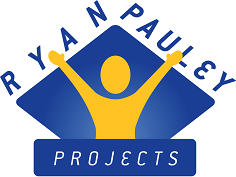It can be argued that English students are more likely to rely on AI in their oral presentations than in their written work. This is because the oral is a task that is outside their comfort zone with many challenges not present in other assignments. Just think, when has a student’s self-consciousness ever been challenged by a written assignment? When have students (or their parents/medical practitioner) ever asked for them to be excused from a written assignment because of the anxiety it will cause?
The best way to address this is to provide some guidance about appropriate use of the technology. If you don’t, it is guaranteed that they will find some inappropriate way to use it.
Here are three helpful rules:
Rule 1 – Always check everything!
Chat GPT is generally honest…but often wrong! When asked, “Can you give me some examples of when Chat GPT has got it wrong?” it gave five very valid reasons why you should NOT solely rely on it as a source. It finished its response with, “These errors highlight the importance of using AI tools like ChatGPT as aids rather than definitive sources.” Great advice.
Rule 2 – Understand what you’re saying
Ask the bot “Please explain to me the thinking process that you used to provide this.” If you don’t agree with or understand it, tell it to rewrite it using the thinking you want.
Rule 3 – Make it sound like you
Large language bots like Chat GPT have been trained by analysing massive amounts of content – none of which was written by the student. Trying to deliver somebody else’s words in an oral is like trying to run in somebody else’s shoes – they just don’t fit!
You can use prompts like: “Please rewrite to sound more conversational/compelling/friendly” or, simply, “Please rewrite to make it easier to deliver orally.”
Finally, they should re-write it for themselves by looking at each sentence and thinking, “how would I say that to my friends?”. Simply doing this sentence by sentence will result in a script that will sound natural.

Recent Comments